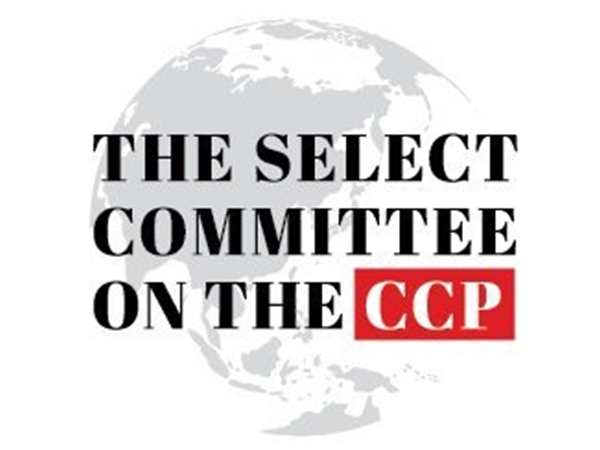US condemns Russia's use of harsh tactics against protesters
Jan 24, 2021

Washington DC [US], January 24 : Amid the ongoing protest in Russia against the arrest of activist Alexey Navalny, the US has condemned the use of "harsh tactics" against protesters and called for the release of those detained for demonstration.
US State Department Spokesperson Ned Price in a statement said that efforts to suppress freedom of expression, the arrest of opposition figure Navalny, and the crackdown on protests that followed are troubling indications of restrictions on civil society.
"The United States strongly condemns the use of harsh tactics against protesters and journalists this weekend in cities throughout Russia. Prior to today's events, the Russian government sought to suppress the rights to peaceful assembly and freedom of expression by harassing protest organisers, threatening social media platforms, and pre-emptively arresting potential participants," Ned Price said.
"Continued efforts to suppress Russians' rights to peaceful assembly and freedom of expression, the arrest of opposition figure Aleksey Navalny, and the crackdown on protests that followed are troubling indications of further restrictions on civil society and fundamental freedoms," he added.
Further slamming the detention of Navalny, United States called on "Russian authorities to release all those detained for exercising their universal rights and for the immediate."
This comes after tens of thousands took to the streets in Russia on Saturday to protest against the arrest of Navalny. Rallies were organised in several cities of Russia. However, violence was also reported in several parts including in Moscow and St Petersburg as protestors clashed with police.
Russian police arrested more than 2,000 people and used force to break up rallies around the country, Al Jazeera reported.
Scuffles broke out when riot police began to get targeted by projectile water bottles and eggs, leading to several detentions. A police source told Sputnik that 39 officers had been injured in Moscow protests.
The protests broke out after Navalny, President Vladimir Putin's most prominent critic, was jailed this week upon returning from Germany where he was recovering after being poisoned by a nerve agent.
With the court's order on Monday, Navalny will have to remain in prison till February 15 and a different court has been set to decide whether to convert his suspended three and a half year sentence into real jail time, Al Jazeera reported.
Navalny had arrived in Germany five months ago in a coma after being poisoned by Novichok, a military-grade nerve agent developed by Russia during the Soviet years. Several Western officials along with Navalny himself have openly blamed Russia for the poisoning, while the Kremlin has denied the allegations.
Navalny was placed on the country's federal wanted list during his time in Germany at the request of the Federal Penitentiary Service FSIN's, which had accused him in December 2020 of violating probation terms in a fraud case that was dismissed by Navalny as "politically motivated".Now the FSIN alleges that Navalny has been in violation of the terms of his suspended sentence by failing to show up for scheduled inspections.



















